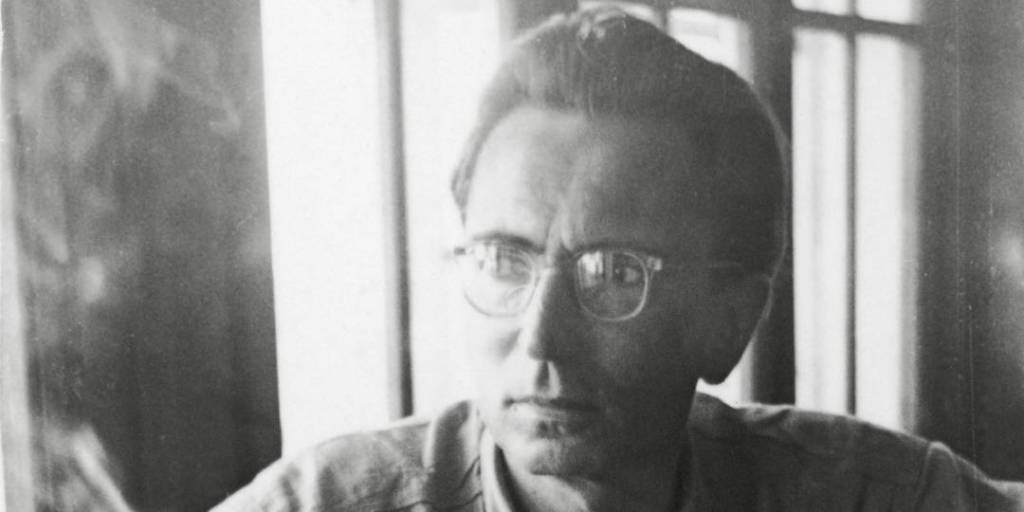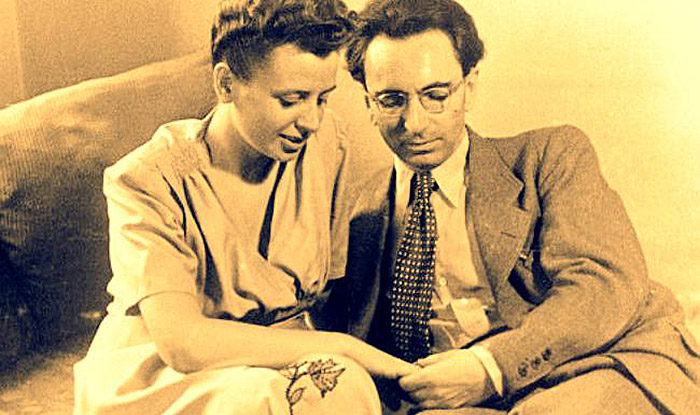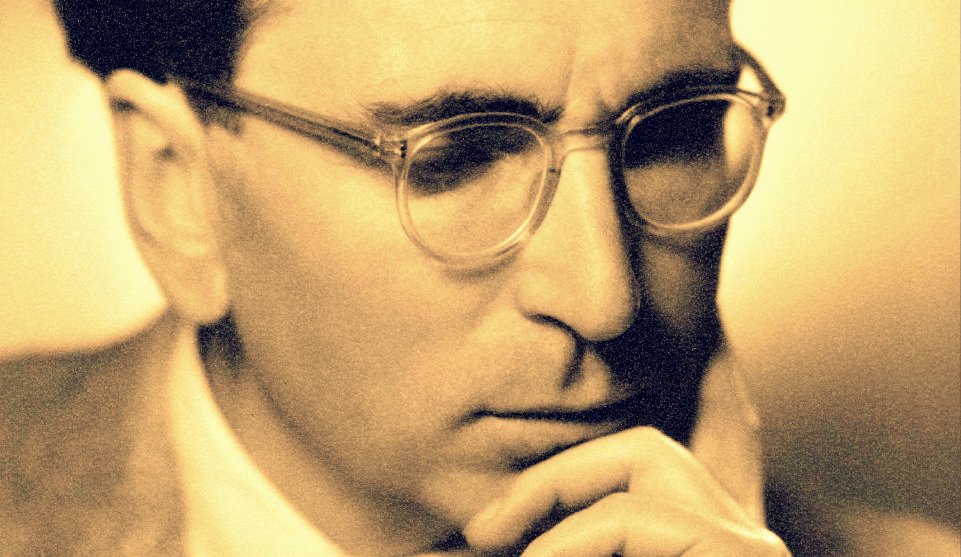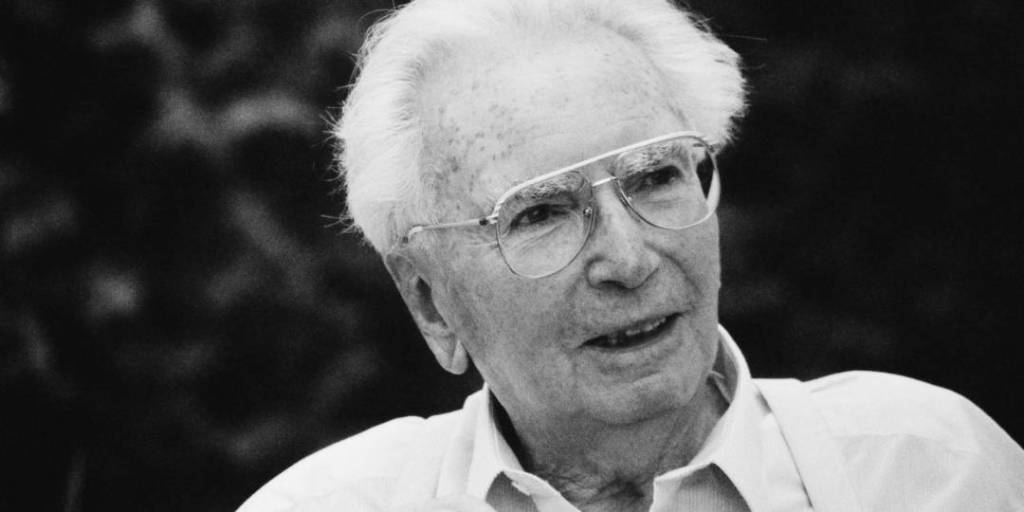When it comes to what you strive for in life, how many people put meaning above happiness? While many would say these two ideas overlap, there is actually a huge difference in looking for meaning rather than just happiness.
Most would claim the most main point of life is to be happy, but according to Holocaust survivor and psychiatrist, Viktor Frankl, finding meaning is of far greater importance.
Frankl recorded his ideas in the 1946 book Man’s Search for Meaning, which detailed his experience in a Nazi Concentration Camp during World War II.
An Austrian Jew, Frankl was arrested in September 1942 alongside his pregnant wife and parents and transported to a camp, where he spent the next three years. Upon liberation, he discovered that his loved ones had all died at the hands of the Nazis.
In his book, written in just nine days, he claimed to have found the biggest factor in surviving the concentration camp was finding meaning. Those who had were more resilient to the conditions and could endure even the worst suffering. He claimed that when someone knows the “why” for existence, he will be able to put up with any “how”.
During his time in the camp, Frankl worked as a therapist and gave the example of two men who had come to him when they considered suicide. Believing they had nothing to live for, they wanted to end their suffering, but rather than give up, Frankl encouraged them to find a purpose or reason to live.
He wrote in Man’s Search for Meaning:“It was a question of getting them to realize that life was still expecting something from them; something in the future was expected of them.”
One man concentrated on a series of books he wanted to finish and the other, his child in a foreign country and Frankl claimed it was this discovery of a meaning in their life, which ultimately saved them both.
This sense of purpose came to be a source of mental strength and helped put a value on their suffering and a reason to survive through it. In this way, a life with meaning it becomes less about the person and more about the greater self and what they can achieve.This is unlike the sole pursuit of happiness, which is a selfish and blinkered approach that ultimately doesn’t guarantee that happiness will be achieved.
Frankl claimed it was impossible to “pursue” happiness and that was something that had to be “ensued” as the consequence of a person’s actions rather than the aim. He believed that only seeking happiness actually “thwarted” the achievement of it and made people less happy in the long run.
In modern times, we have come to see happiness as more valued than meaning, with a recent Gallup poll finding that while 60 percent of Americans feel happy, without stress or worry, 40 percent claimed not to have discovered a satisfying life purpose.
According to the Centre for Disease Control, just 25 percent of people felt a strong sense of what makes their life meaningful.
Frankl didn’t argue that happiness wasn’t important, more that the pursuit of meaning was of greater value to a person’s life. A focus on meaning is proven to improve someone’s overall well-being and life satisfaction, as well making them physically and mentally healthier.
It helps makes someone more resilient to life’s problems, meaning they are less susceptible to depression and enhances their self-esteem.
70 years on from when it was first published, Frankl’s Man’s Search for Meaning has sold millions and remains an important and relevant piece of work. In fact, many psychologists are now urging caution against the pure pursuit of happiness and encouraging people to seek a more meaningful existence.
A recent study in the Journal of Positive Psychology that examined 400 Americans ages 18 to 78 about whether they led a meaningful or happy life, they found that while there was an overlap between the two, ultimately they were very different.
Those who sought a happier life were seen as “takers” while those with meaning were “givers”, that ultimately achieved more and were more content with their existence and, in the end, greater happiness.




















